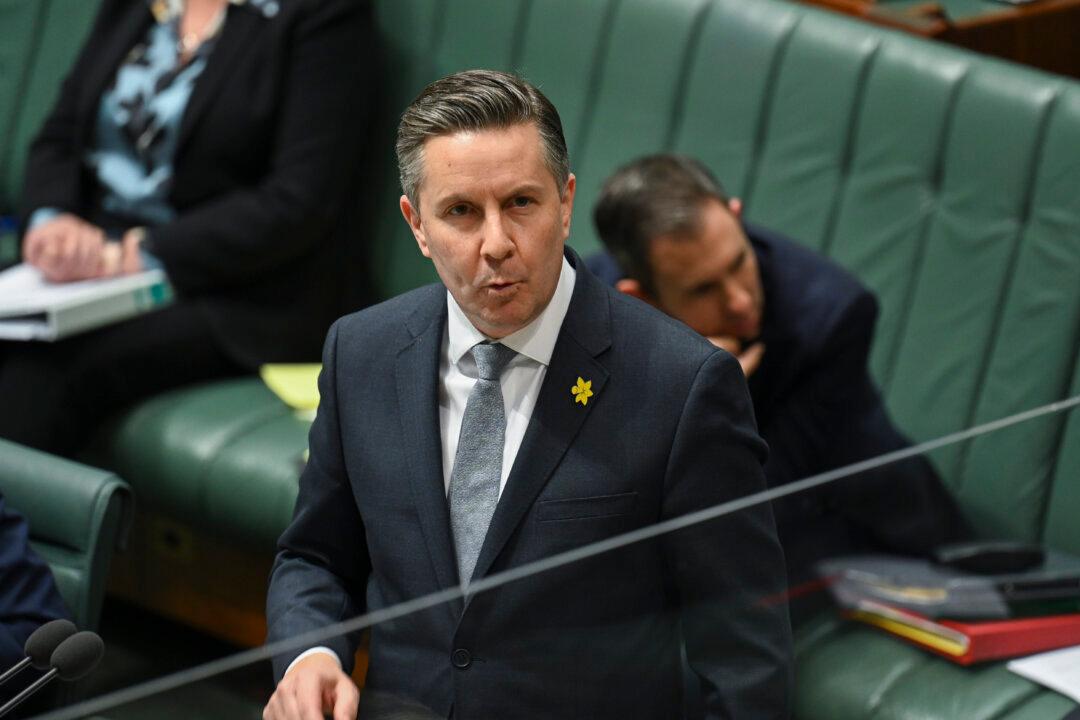Australian Health Minister Mark Butler has blamed the former Coalition governments for the current state of general practices across the country, saying they were in “worst shape” in 40 years.
In an interview with ABC radio, the health minister said the Medicare system needed a “comprehensive revamp” to keep local clinics operating.





